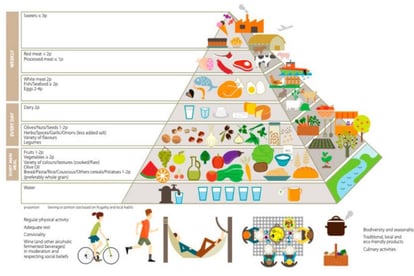Amid fast-changing diet trends, the fundamentals remain clear: focus on whole, minimally processed foods. A varied, whole-foods approach supports energy, resilience, and long-term health.
Use this quick checklist to guide daily choices:
- Fruits: Berries, grapes, citrus, olives, and more for antioxidants and fiber.
- Vegetables: Leafy greens, cruciferous veggies, orange/yellow varieties, onions, and garlic for broad micronutrient coverage.
- Herbs & Spices: Basil, oregano, rosemary, parsley, turmeric, cumin, ginger—flavor plus anti-inflammatory support.
- Nuts: Almonds, walnuts, pistachios for healthy fats and plant protein.
- Seeds: Cacao, chia, flax, pumpkin, hemp—rich in omega-3s, minerals, and fiber.
- Whole Grains (as tolerated): Oatmeal, quinoa, non-GMO corn for steady energy.
- Legumes (as tolerated): Lentils, black beans, non-GMO soybeans, peanuts for satiety and glycemic balance.
- Clean, Lean Protein: Organic poultry and eggs, grass-fed beef and dairy, and sustainably sourced seafood.
- Omega-3 Sources: Salmon, sardines, and occasional tuna to support heart and brain health.
- Fermented Foods: Yogurt, kefir, cheese, sauerkraut to nourish the gut microbiome.
- Hydration: Prioritize pure, alkalized water; add organic coffee, tea, or homemade lemon-limeade as desired.
A sustainable Mediterranean-style diet is a healthy choice
A sustainable Mediterranean-style pattern aligns well with these principles and is widely associated with cardiovascular, cognitive, and longevity benefits.

Source: Serra-Majem L, et al. “Updating the Mediterranean Diet Pyramid towards Sustainability: Focus on Environmental Concerns.” International Journal of Environmental Research and Public Health. 2020;17(23):8758. This article is open access under the Creative Commons Attribution (CC BY) license.
